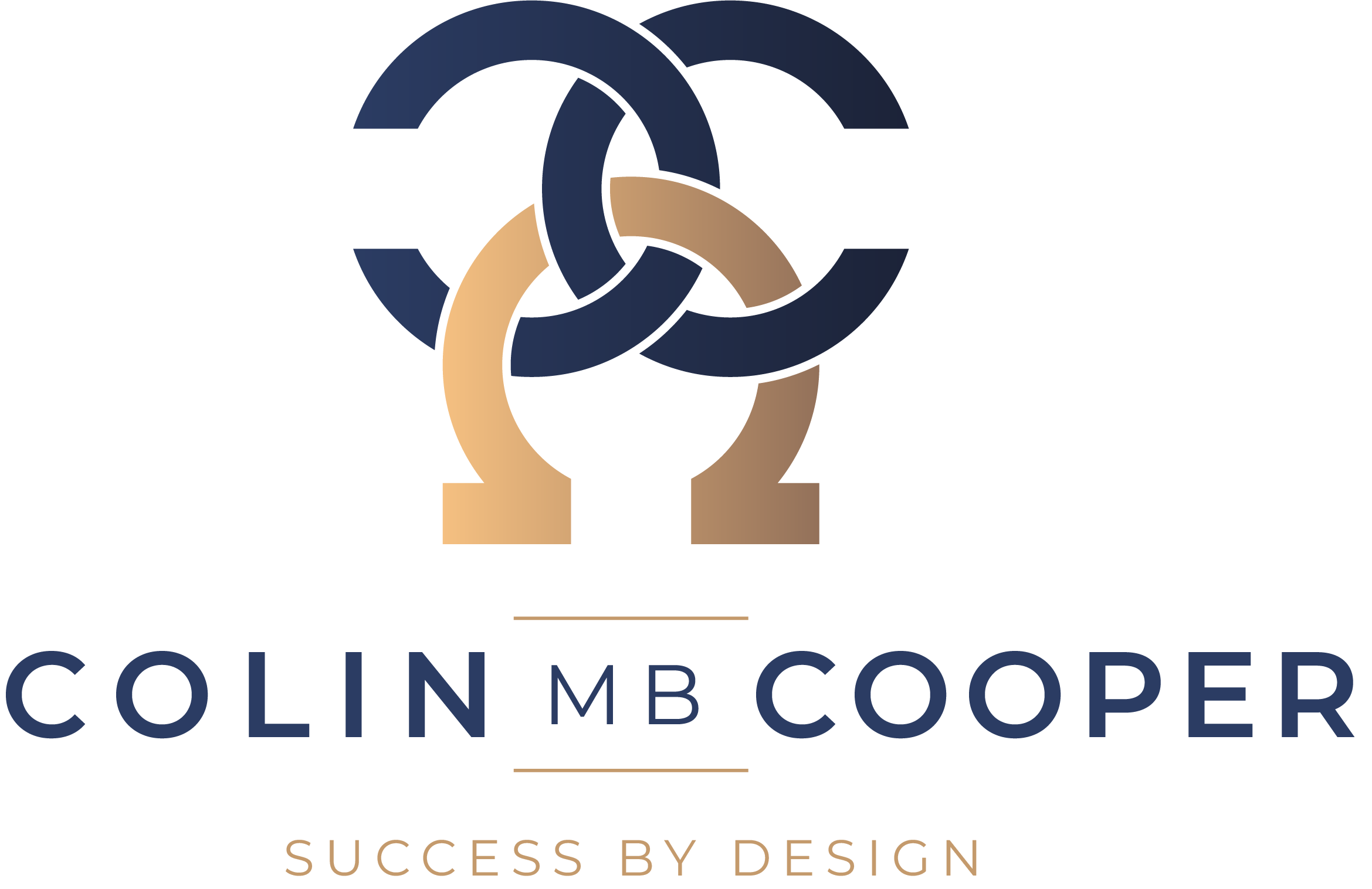Applied Intelligence – The best way to understand customer needs and to execute the right strategy
Applied Intelligence is a term that’s been coming up more and more in the last few years because it’s becoming an integral part of many businesses’ strategies. This article will explain what Applied Intelligence is and why it’s important for any company looking to gain a competitive edge.
There’s Artificial Intelligence – and there’s Applied Intelligence
Hyper-personalisation of customer experiences, super-secure self-driving cars, and human-piloted drones are all evidence of the huge innovations taking place around us.
We are in the midst of what many have dubbed the “Fourth Industrial Revolution,” which may challenge us to understand what it means to be human.
A fundamental tenet of this so-called “Industry 4.0” will be Applied Intelligence. A business needs more than just raw numbers when making decisions, as they need context as well. That’s the definition of applied intelligence: using critical insights derived from operations as well as customers.
In recent years, this new way of gathering information has gained a lot of traction worldwide, providing many opportunities for companies that can adapt to the changes quickly enough to beat their competitors.
While AI itself can’t give you an answer about your company’s next move without quantitative analysis by humans, what Applied Intelligence provides is a very powerful predictive analytics.
So what exactly is it? And how will it shape our future data?
What’s Applied Intelligence
Applied Intelligence is the application of strategies and insights used to understand customer needs or trends in order to execute a company’s business strategy.
In a nutshell, Applied Intelligence is the process of applying existing knowledge and insights in new and better ways to effectively help your organisation become more innovative and competitive.
Applying different forms of analytics to data can produce a powerful form of intelligence that goes beyond human capabilities.
And to meet the needs and expectations of today’s customers, businesses will use this new type of intelligent technology by combining AI and analytics with automation to create high functioning systems in order to identify amazing opportunities for action.
This input/output model helps companies find novel ways to satisfy their customers and exceed traditional business goals by applying insights gathered from applied intelligence to amplify human ingenuity.
3 A’s of Applied Intelligence
Applied Intelligence comprises three interwoven solutions: Analytics, Artificial Intelligence (AI), and Automation. Together they form the 3 As of Applied Intelligence; all 3 aim to add value in a meaningful sense and are intrinsically connected by sharing data as common denominators.
Basically, these solutions work best when built on a common foundation/approach, rather than individually.
Analytics:
The value of your data is determined by the strength of your analytics solutions.
Data has the potential to tell you everything about your surroundings and help you make conscious decisions, but by itself, data is just that: raw material.
And to turn this into something of value requires analysis and interpretation.
Investing in analytics is the first step to realising your data’s full potential. You need a way of safeguarding its quality and making it easily accessible.
Analytics talent will be necessary for the processing of information as well as correlating various streams of information into one cohesive visualisation that can be shared effectively with others.
Finally, you’ll also need to ensure you’re skilled with user-centric analytics solutions and interfaces.
Artificial Intelligence (AI):
In recent years, artificial intelligence has made enormous steps forward. It powers a wide range of incredible solutions, from manufacturing robots to smart assistants – AI is so present nowadays that it becomes quite difficult to understand where it’s not yet being used.
And for all these stunning advances in AI medical diagnosis, NPL and deep learning, the AI application is still very much in its infancy.
Everyone sees massive potential for AI, with lots of room to grow, but what does it really mean for your business?
Let’s take a step back and try to understand the basics of what AI is: What artificial intelligence offers is the ability to imbue machines with abilities that have traditionally been in a human’s domain.
It can provide businesses with immense opportunities: for example, AI can either recognise human faces and also interpret their emotions, allowing companies to better understand their customers’ feelings and maximise the delight factor of interactions – and a regular worker can’t achieve this kind of precision and accuracy as the AI.
I understand that humanity is a unique thing, but the point is, we get tired, we lose our focus, and we have biases as well. Machines have no knowledge of these things – they perform what we need, when we need, for as long as we need.
Automation:
Advanced analytics provide the high-quality insights you need to understand your business, market and customers. Modern artificial intelligence solutions can then autonomously make data-driven decisions based on those insights.
But a decision needs two parts: knowing what should be done & knowing how to do it. Here, we’ve got both!
When contemplating automation, we’re inclined to think about industrial processes and machinery, but in the last ten years, we’ve seen the emergence of new technology aimed at automating clerical processes as well.
The subset of automation concerning specifically business processes is called Robotic Process Automation or RPA. The concept of RPA is not new, but it has already become a standard for optimising internal business procedures in enterprises.
RPA is designed to reduce the labour-intensive tasks that don’t require cognitive effort like filling out forms or making calculations in spreadsheets. However, its main goal is reducing human involvement and increasing accuracy for these complex processes.
In Applied Intelligence, Automation is what completes the trinity by providing a means necessary to automate key aspects of your core business, thereby turning theoretical value into real value.
This is a fundamental part of what makes Applied Intelligence work. Analytics and Artificial Intelligence will help differentiate between tasks that are better suited to human talent or machines, but only automation ensures important things get done.
Applied Intelligence in action
Integrating Applied Intelligence into your business will help create the right conditions for a digital transformation, and this can be a huge step, as you go from having an isolated IT department to being able to integrate data scientists with other departments across functions such as customer service or marketing.
In the early stages of AI, machines performed human tasks in an isolated environment, but as AI capabilities have progressed, new applied intelligence calls for increasing integration between humans and machines to work together.
The key is to create a work mindset that enables more nuanced integration between humans and machines, which means providing an environment that not only progresses but elevates human capability.
With the new industrial revolution, AI is a necessary and promising outlook. The rapid pace of change means companies need to make the transition quickly and have a strong commitment towards this goal.
And the point is – there’s no reason to be worried. Digital Transformation and Applied Intelligence come to embrace human capabilities.
As AI becomes more embedded into business, we’ll be able to better understand how much benefit there is to be had from these technologies.
Automation, for example, frees up human capital for other tasks that might require a bit more creativity or flexibility. Artificial intelligence is able to recognize processes that a human might not have seen clearly at some point. And analysis guides us in the right direction.
All this automation, together with our human qualities, can make a big difference – and for the better!
So let’s embrace Applied Intelligence and create our bright (almost) perfect world today!
________________________________________________________________
If you’re ready to implement strategies that will help you achieve success in your business, don’t hesitate to contact me. It would be my pleasure to assist you in reaching your goals by walking you down an effective and sustainable path.



